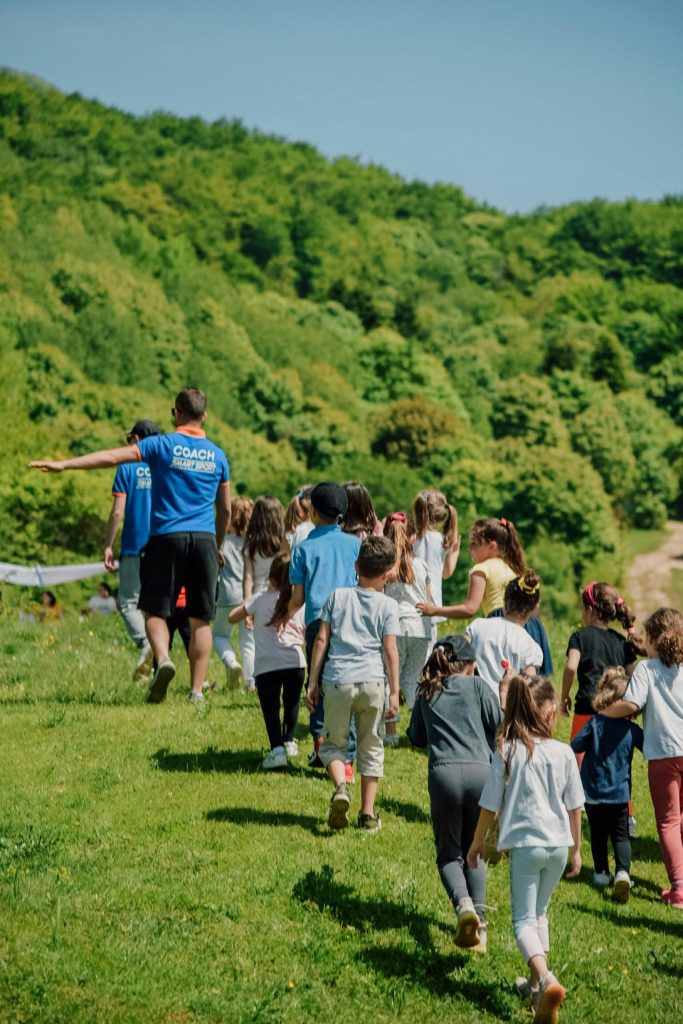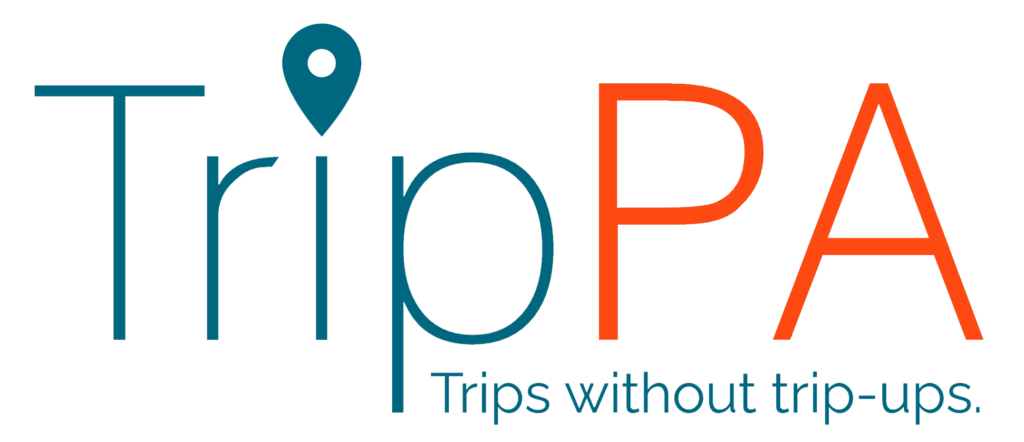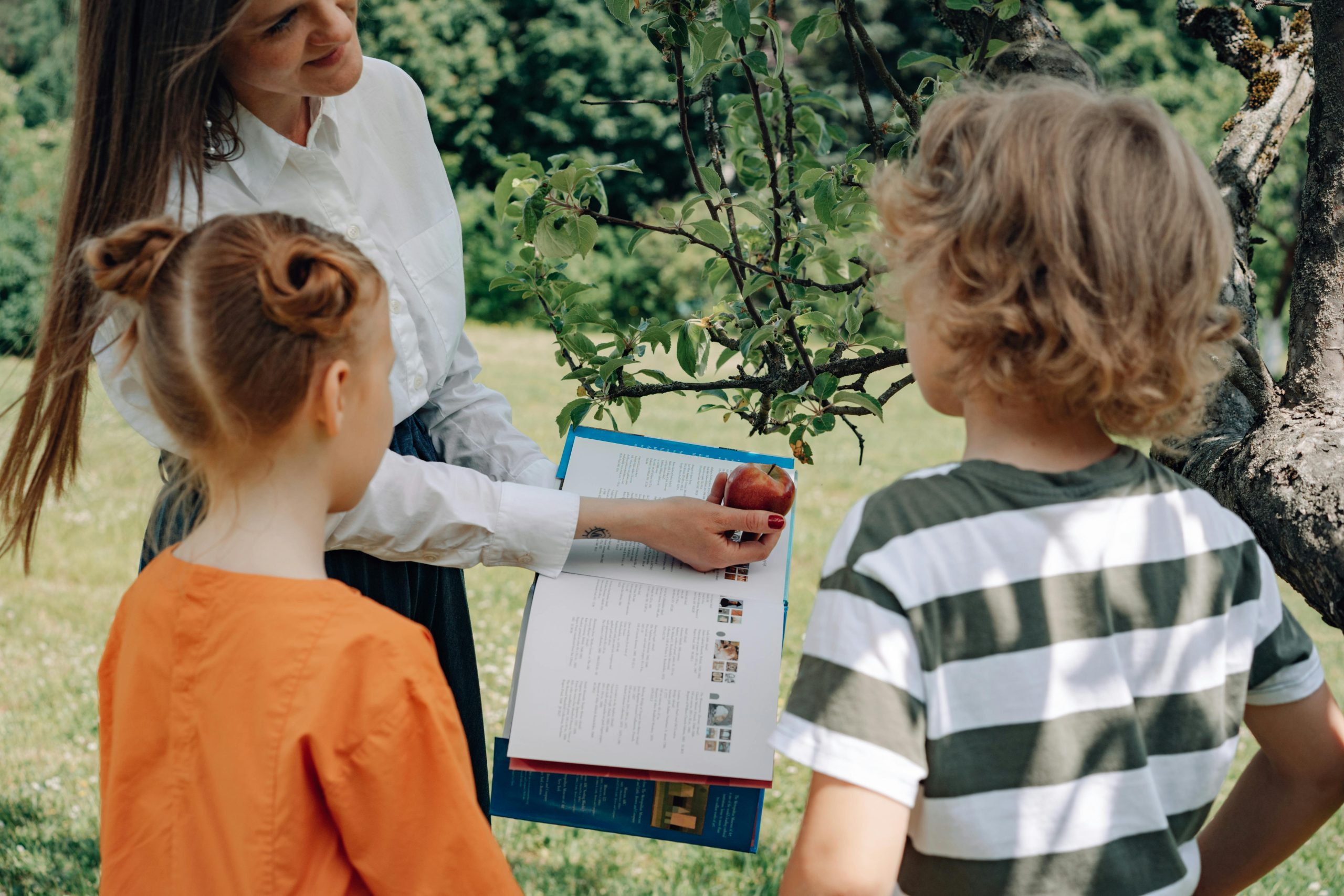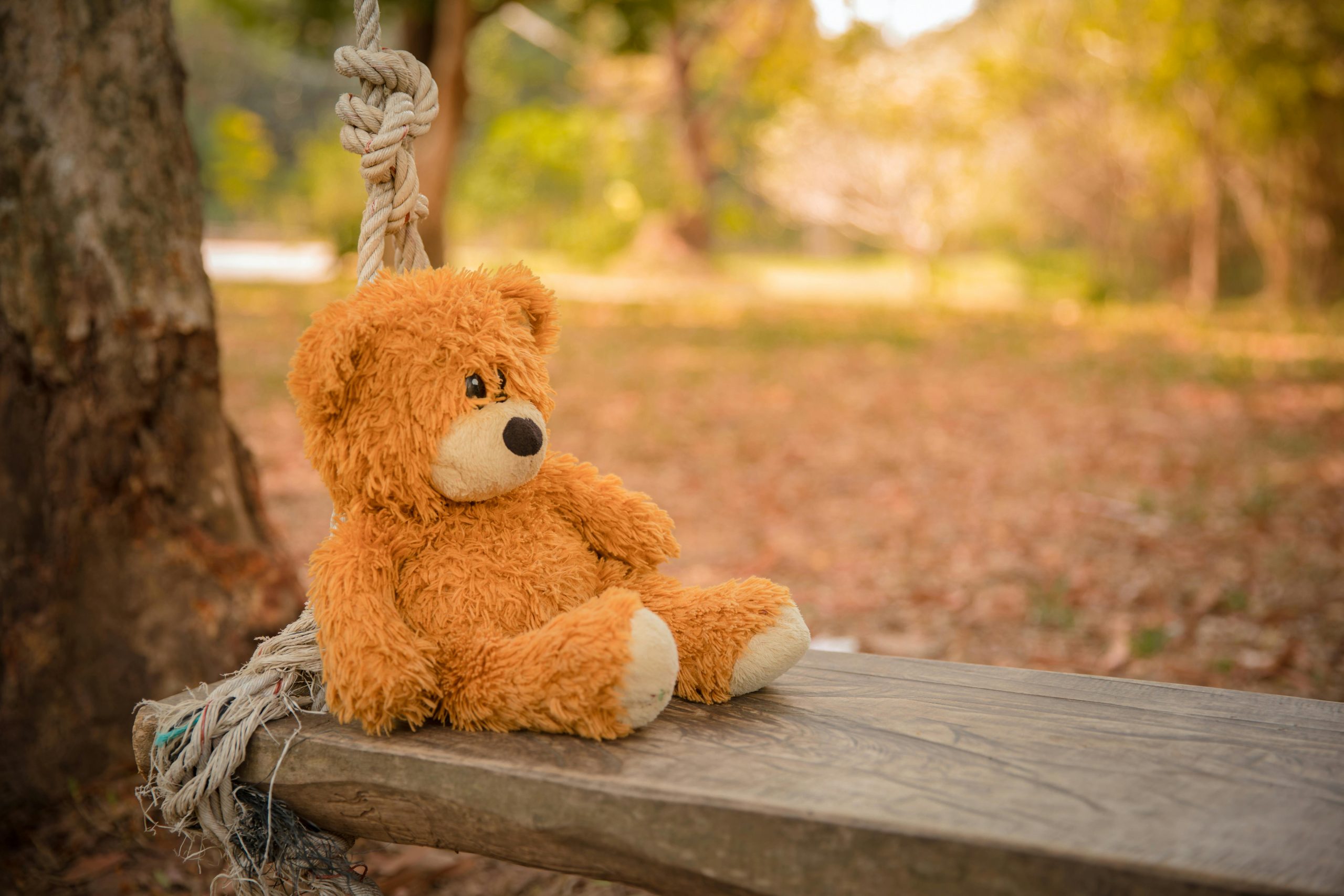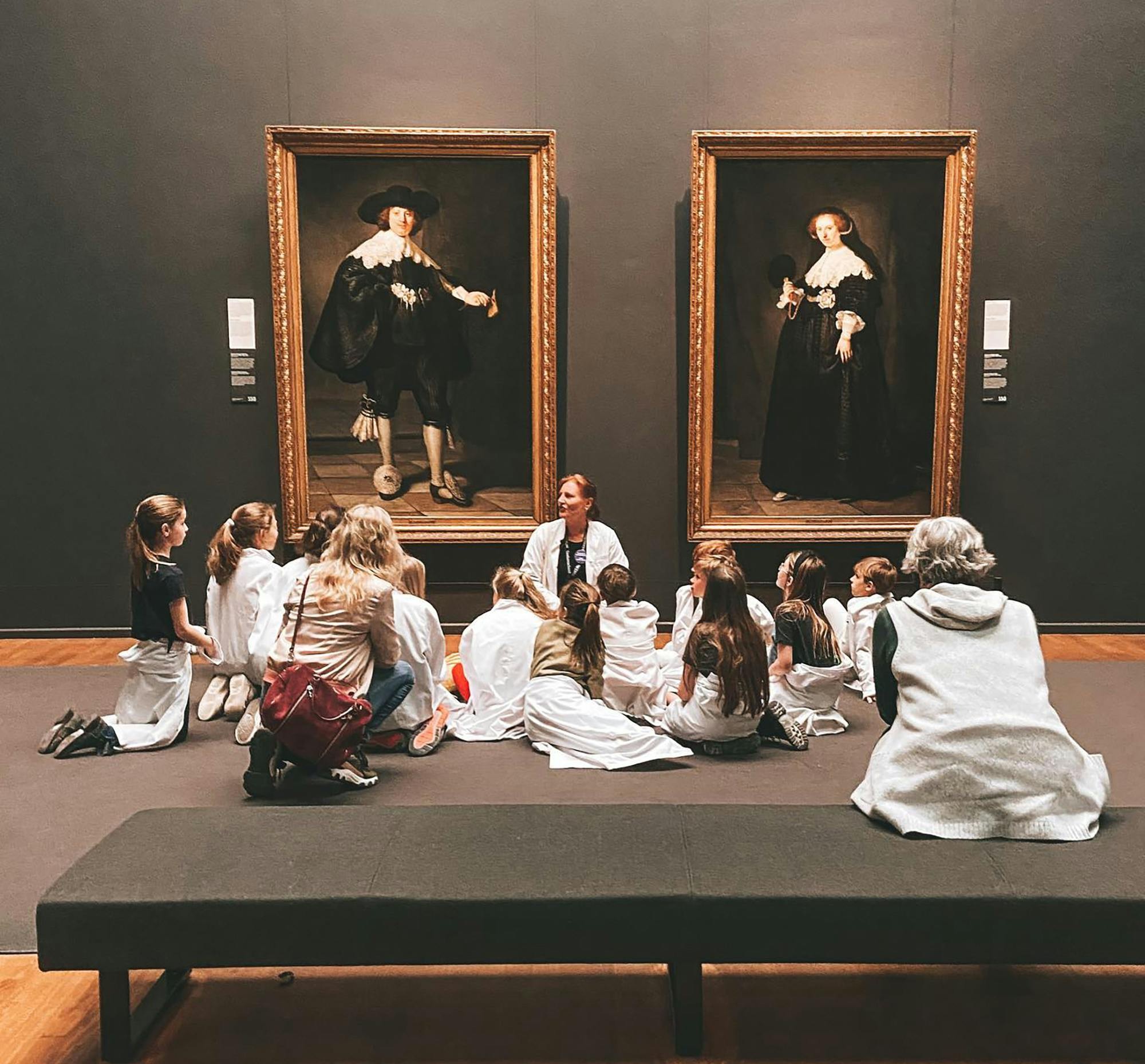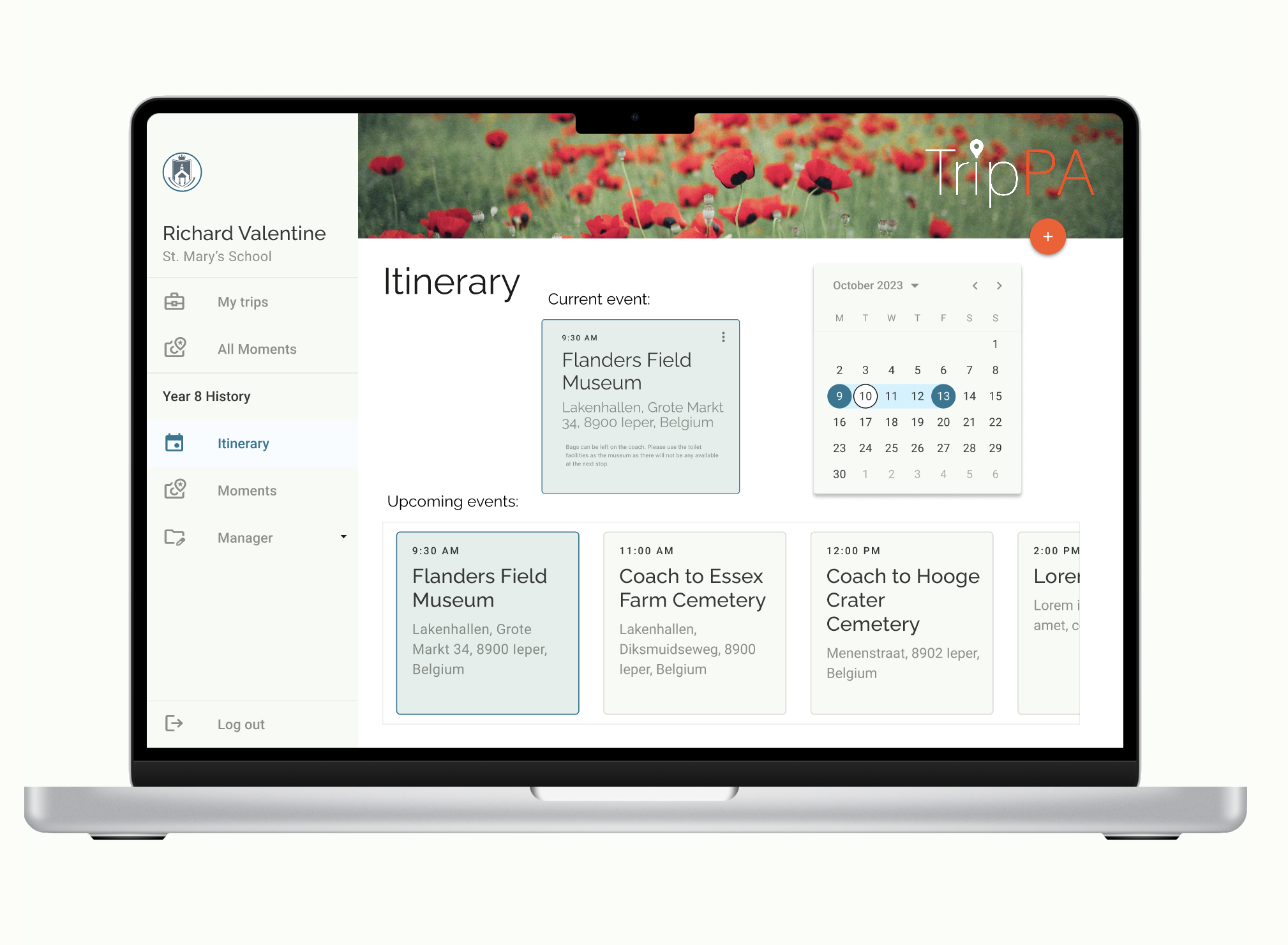As an educator, you are experienced in maintaining a great environment for learning in your classroom, and managing behaviour on school trips is not hugely different from this. Make sure to stick to your school’s behaviour policy rigidly and follow all that best practice you’ve learnt through your day-to-day work, including positive reinforcement of good behaviour as well as those sanctions! There is a wealth of information and advice out there on general behaviour management in schools, but when thinking about your next off-site visit, make sure to consider the below:
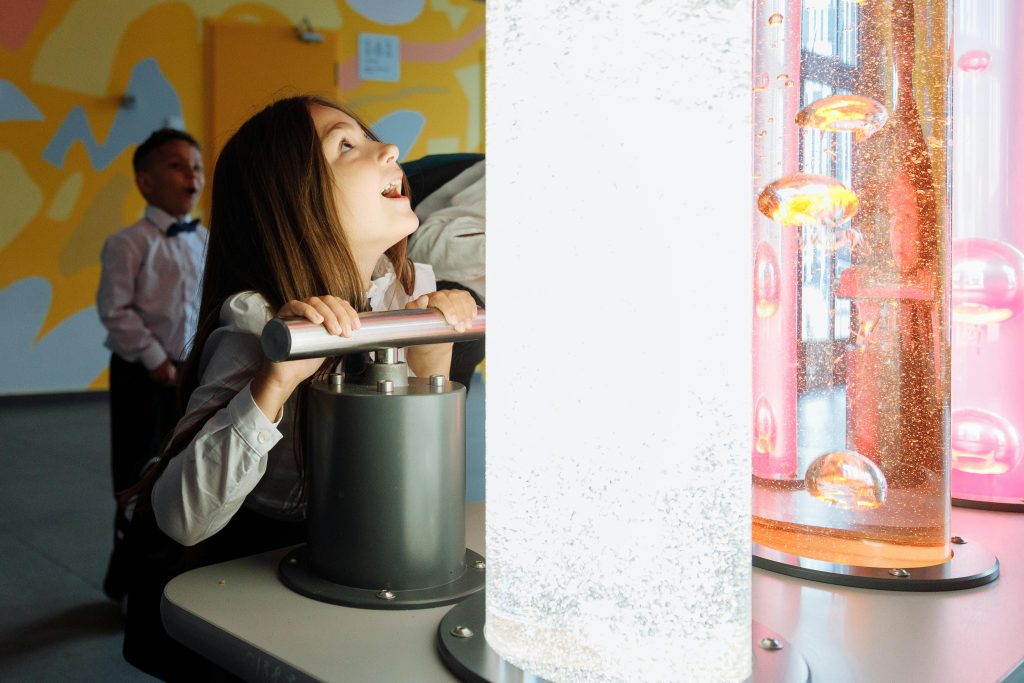
When planning a school trip:
- Choose an age-appropriate trip – this seems obvious, but if the students can understand the purpose of the visit, and why they are doing what they are doing, they are much more likely to behave well.
- Choose suitable destinations – no matter how great a destination might be, if it’s not suitable (by being too busy, for example), it’s going to make behaviour management more challenging. If you can, try to get out to see your trip destinations before the visit itself, so you can make any adjustments that might be necessary.
- Make a plan for students with more challenging behaviour – get in touch with relevant colleagues regarding pupils who may present more challenging behaviour on your trip. You’ll find the best advice will come from the staff at your school!
- Brief students on expectations – before the trip starts, make sure to speak with your pupils to outline what you expect of them on the trip. It’s always a good idea to remind them that the rules on the trip are the same as those in school, unless you tell them otherwise! Our TripPA Risk Assessment Generator for Excel has a handy “Pupil Briefing” column which will provide you with a starting point for creating some notes for your briefing – you can get your hands on this for free by signing up to our newsletter here.
- Brief parents on expectations – make sure that parents are aware of the behaviour standards expected of their children. It can be beneficial to include a clause as part of your written info to parents, stating that students can be excluded from the trip if these standards are not met.
- Brief staff and chaperones – you’ll want your team on the same page, so make sure you convey your rules about behaviour, expectations and sanctions.
- Consider travel types, routes and times – with a lot of students on your trip, some methods of transport (particularly at rush hour) can create opportunities for poor behaviour, and potentially cause safety issues. Plan this carefully!
- Don’t overdo downtime – on longer trips, it’s really important to give your students some downtime. But keep this on the little-and-often side to avoid misbehaviour.

When delivering a school trip:
- Keep students engaged – in the classroom, we all know that behaviour is better when pupils are provided with stimulating and engaging activities, and this is no different when out and about! Make sure you have a clear outcome for all your visits – for example, don’t leave pupils to explore a museum without an objective of some kind. If you have a long journey, think about what entertainment you can offer the children to keep them occupied!
- Reiterate expectations – you’ll have briefed the students before the trip, but it’s always good practice to remind them of your expectations and standards before new activities commence.
- Consider timings for sugary refreshments – of course, we want our students to have a great time on their visit, and this can often involve purchase of some sugary snacks. Schedule this carefully, though – you don’t want Year 8 to sit down for a talk just after an ice cream break…!
- Group your students thoughtfully – just like you would in class, make sure to consider carefully the make-up of your trip groups, and avoid combinations that could cause difficulty. Keep the groups small if you can, and assign a suitable teacher or chaperone to each one. The TripPA app makes group organisation a breeze, with the People Manager feature – make sure to check it out!
- Bring more staff if you can – the more adults you have, the easier life will be! This will help to make your trip groups smaller, and may also allow you to keep one or two staff unassigned to a group – for larger and longer trips, we’ve often found it useful to have a staff member in charge of behaviour for the whole group.
- Conduct head counts regularly – it’s important to keep your trip participants with you, so make sure to remind staff to head-count often.
- Consider remote supervision carefully – with older students, it can be appropriate to provide them with time to explore an area without direct teacher supervision. Of course, you’ll need to assess the risk of this carefully, but in terms of behaviour you should decide whether this is suitable for the children you have, the time available, and the location – you want to be confident that behaviour standards will be met when you are not with the students!
Make sure to check out the OEAP National Guidance too – this is a great source of information and advice for running effective school trips!
